Summary
Bitcoin ATMs are amazing machines that provide greater accessibility to the crypto world, allowing almost anyone to perform cash-to-crypto transactions quickly and easily. However, with any new technology, especially new financial technology, there will be bad actors trying to take advantage of people looking to achieve financial independence. Luckily, finding a Bitcoin ATM that won’t scam you is quite easy.
Bitcoin ATMs first appeared in locations throughout North America in 2013. Since then, they’ve grown exponentially. There are now thousands of these crypto-to-cash digital kiosks across the world, with the highest concentration in North America.
Bitcoin ATMs make it possible to buy and sell cryptocurrency for cash. Despite their name, you can typically exchange several different types of cryptocurrency on one machine, including Ethereum, Dogecoin, Litecoin, and so on.
You can typically find Bitcoin ATMs in everyday locations like grocery stores and shopping malls, which makes selling and buying crypto even easier. Bitcoin ATMs typically work by processing transactions using blockchain technology and charging a small fee for maintenance and security.
Typical Bitcoin ATM Scams
Most of the scams surrounding Bitcoin ATMs involve bad actors trying to trick people into sending them thousands of dollars. However, Bitcoin ATMs themselves can also be scams if they aren’t registered.
Unregistered Bitcoin ATMs
An unregistered Bitcoin ATM is an unregulated one. Simply put, this means the Bitcoin ATM operator does not sufficiently comply with federal regulations for safety and security to be able to register as a licensed financial institution.
Think of choosing to use an unregistered Bitcoin ATM like choosing to eat at a restaurant that has a poor health rating – or one that doesn’t even have a license to serve food! Not only is it dangerous, but it’s also irresponsible for that business to be providing services to you.
Multiple Bitcoin ATM executives have been arrested for operating unlicensed digital currency kiosks in different states. In 2023, one unregulated Bitcoin ATM company was even forced to close down completely after it was discovered that the company was actually aiding scammers and benefiting from their fraudulent activities.
Criminal Activity
The other main form of Bitcoin ATM scams involves criminals who trick people into sending them money through Bitcoin ATMs. While this can happen to anyone, and criminals may ask for money in any form, many have targeted unregulated Bitcoin ATMs to aid them in their fraudulent activities.
- Romancing: Romancing occurs when a scammer creates a fake online profile and begins to “date” several people online without ever revealing their true identity. After gaining a victim’s trust, the scammer begins to ask for money to cover fake emergencies. Once the victim sends crypto, the scammer is never heard from again.
- IT Scams: One popular scam involves bad actors pretending to call from an IT or cybersecurity firm. They often try to convince the victim that their computer or bank account has been hacked and that the only way to fix the issue is to transfer money to the firm via a virtual kiosk.
- Impersonation: Another scam that criminals favor is impersonation. Typically, they will call a victim pretending to be a family member or friend in an emergency. The idea is to worry the victim so much that they’d do anything to help – like sending thousands of dollars to an unknown party via a digital currency kiosk.
How Bitcoin ATMs Become Licensed
Not all Bitcoin ATMs are unregulated. There are actually several operators, like Coinme, that comply with Federal regulations and are licensed as financial institutions. This means their Bitcoin ATMs are safer to use and harder for bad actors to utilize in their ploys.
Money Services Business
In 2021, the Anti-Money Laundering Act of 2020 went into effect, bringing U.S. anti-money laundering (AML) laws into the modern age. One piece of this regulation classified Bitcoin ATMs as financial institutions, meaning they must comply with different regulations to receive licensure from the U.S. Treasury.
In the United States, Bitcoin ATMs can register with the Treasury’s Financial Crimes Enforcement Network (FinCEN) to become a Money Services Business (MSB), a type of financial institution. To find out if the Bitcoin ATM provider you’re planning to use is licensed, you can use FinCEN’s MSB Registrant Search.
Anti-Money Laundering (AML) Programs
All registered MSBs must submit an anti-money laundering (AML) program to receive licensure through the Bank Secrecy Act (BSA). These programs include a written, detailed outline of the financial institution’s plans for preventing fraud, money laundering, and criminal activity.
At a minimum, all AML programs must include the following:
- Supervisory controls and policies, such as Know Your Customer procedures
- A design that complies with the BSA and will help an MSB recognize and report suspicious activity
- Identification of a compliance officer
- Plans for ongoing education and training of employees
- Regular independent review to ensure the functionality of the AML program
Any financial institution that does not submit or comply with an AML program risks exposing itself and its customers to fraudulent and other criminal activities. This typically happens with unregistered MSBs that try to avoid regulations, thus failing to implement and plan for appropriate strategies to prevent money laundering and other illicit financial activities.
How to Find a Bitcoin ATM That is Not a Scam
Now that you know all about popular scams and how Bitcoin ATMs can become licensed, let’s look at some tips on how to find a Bitcoin ATM that isn’t a scam.
Ensure the Bitcoin ATM Operator is Licensed
The best way to find a secure Bitcoin ATM is to ensure the company operating the digital currency kiosk is licensed and regulated in your state. You can easily check this using the U.S. Treasury FinCEN’s MSB Registrant Search. The tool will show you if the Bitcoin ATM operator is a licensed MSB and what states it is authorized to provide services in.
Be Wary
If you get a call or message from someone you’ve never met asking for money, always be wary. While it can be hard at first, slowing down and asking the right questions can save you from losing big. Never send money to someone you don’t know, always question unusual requests for funds, and ask yourself if sending money via a digital kiosk makes sense in the situation.
Verify Information
Receiving a message or call saying that you or a loved one is in trouble can be worrisome, especially if you’re asked to quickly send a large amount of cash to an unknown party. If this ever happens, you should always verify the information you’re being told on your own. For example, if someone says your bank account has been hacked, you should call your bank on your own (or even visit it) and verify whether this is true.
Stay Informed
Scammers are always coming up with new, innovative ways to trick people out of their money. One of the best things you can do to avoid scams is to stay up-to-date on the latest tricks scammers are using. Knowing what to look out for will keep you sharp if someone ever tries to take advantage of you.
Coinme: Registered Bitcoin ATMs
Financial institutions that don’t follow regulations or implement sufficient controls leave themselves and their customers vulnerable to illicit activities and other scams. That is why you should always look for a Bitcoin ATM that has registered as a Money Services Business with the U.S. Department of Treasury.
At Coinme, we are proud to be the first licensed Bitcoin ATM company in the United States. We are a registered MSB with FinCEN, and we dedicate ourselves to providing top-level security and safety for our users in every transaction.
If you’re ready to buy and sell crypto for cash with a reliable, licensed, and registered Bitcoin ATM operator, create a Coinme account today.

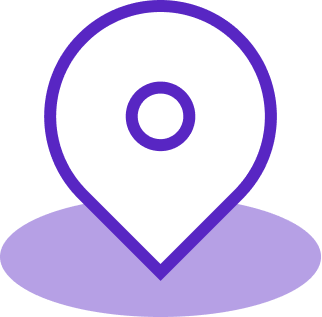
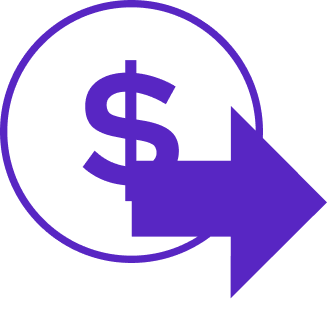
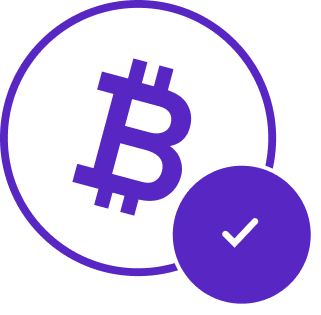
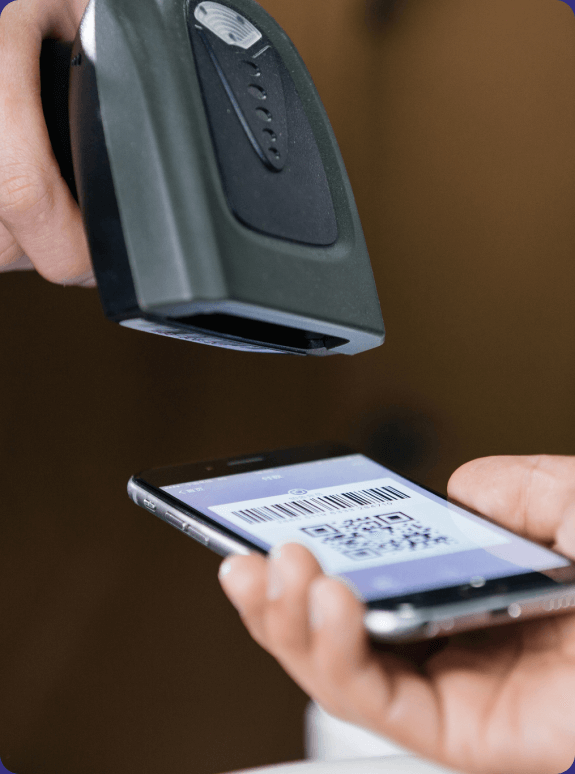
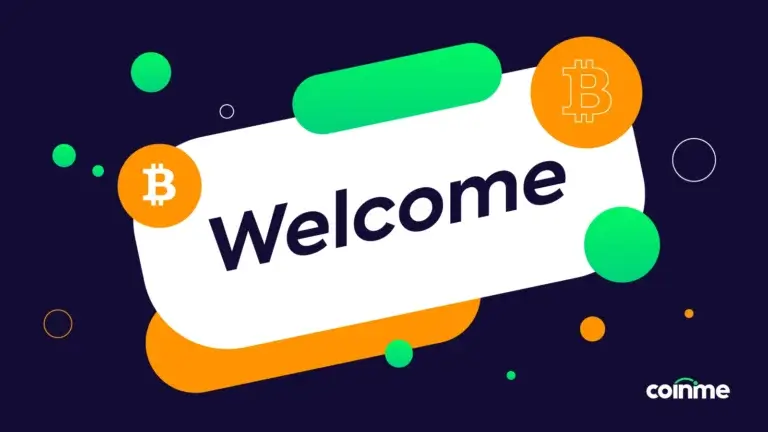
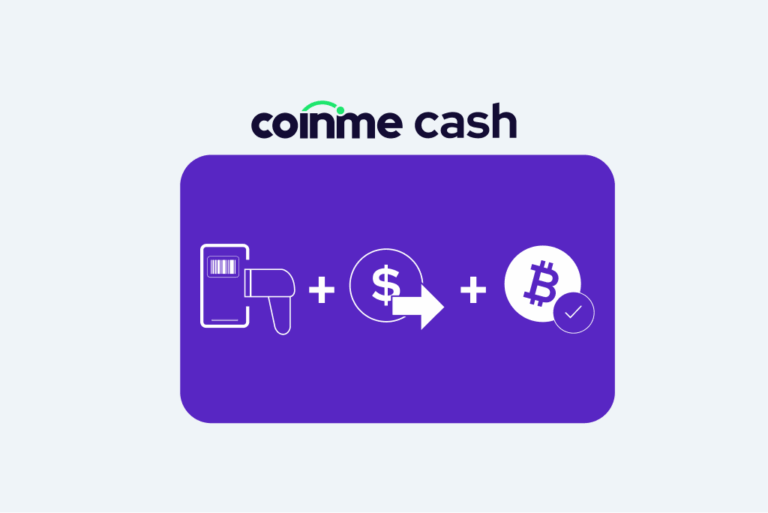
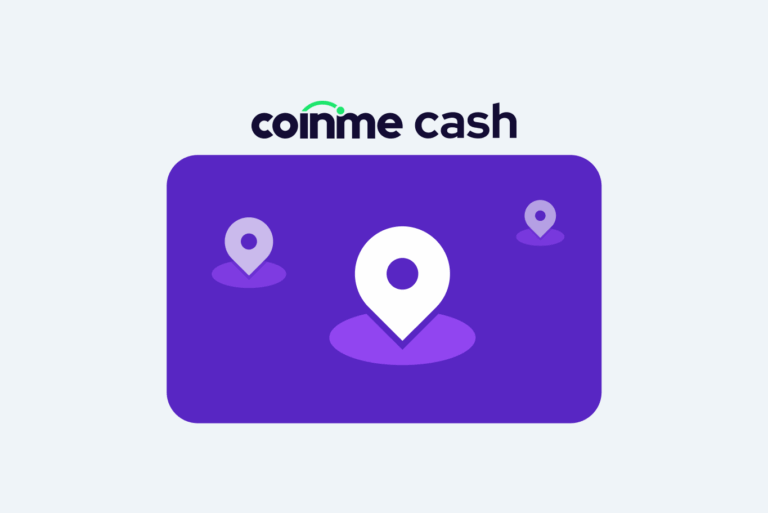
 Labs is acquiring Coinme to power the Open Money Stack.
Labs is acquiring Coinme to power the Open Money Stack.